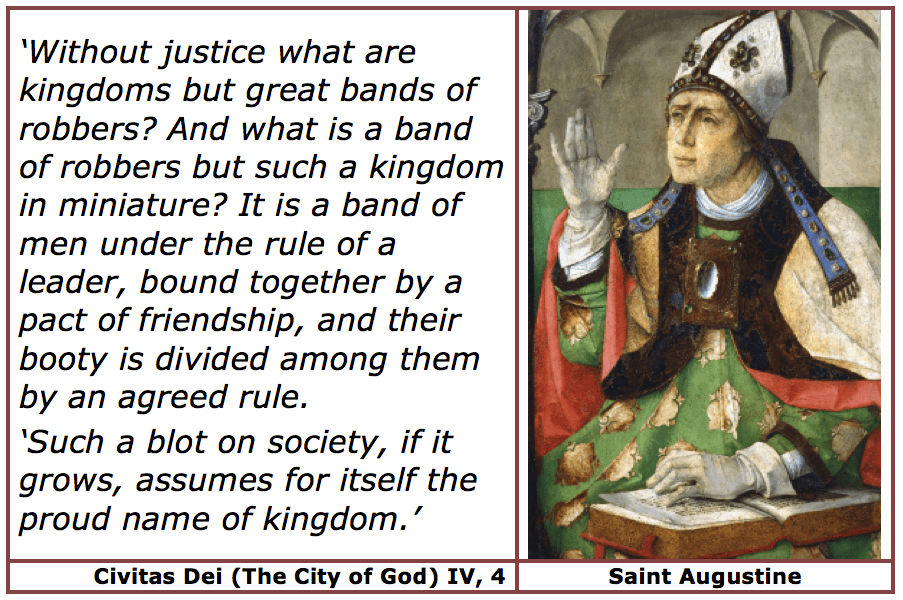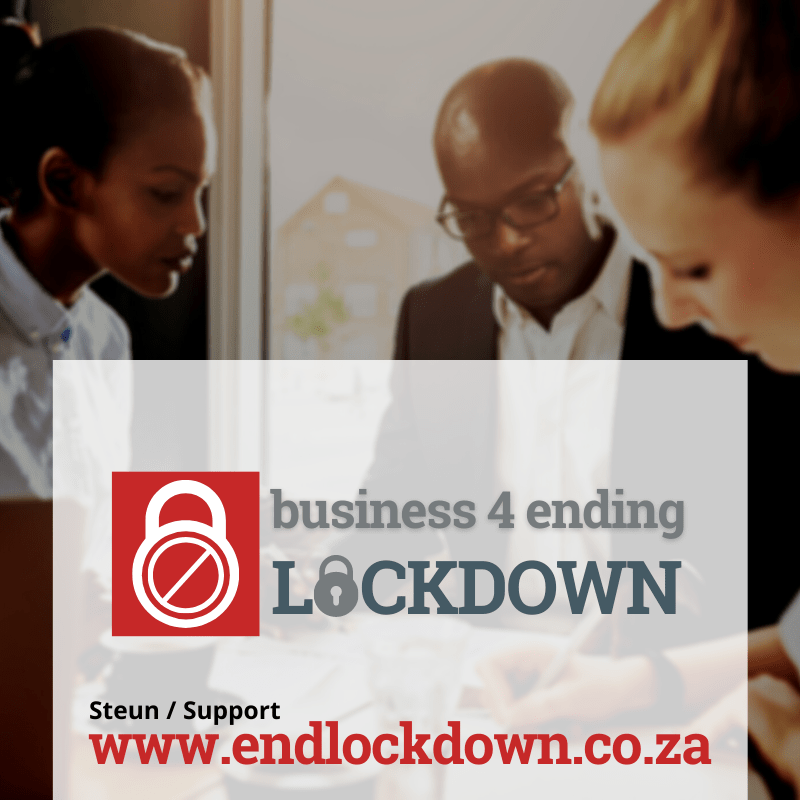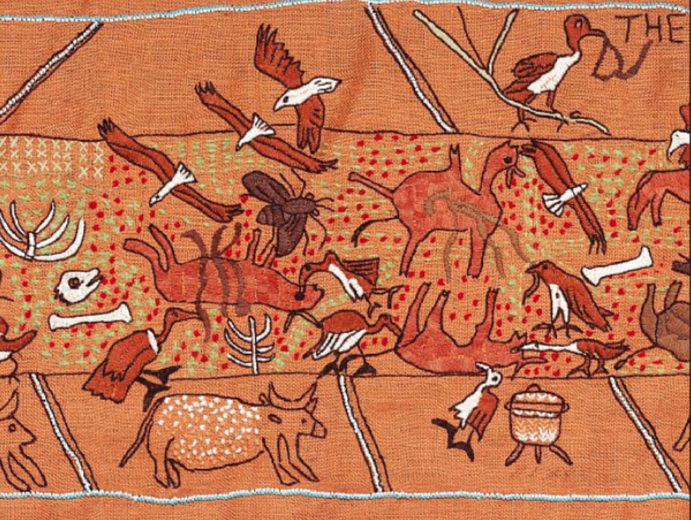Johannes Wessels (@johannesEOSA1)
SARS commissioner Edward Kieswetter’s biggest headache is not the gaping R300 billion crater in tax income this financial year or the growing Everest of assessed losses for companies that will impact negatively on CIT for years to come. His biggest problem is how to convince taxpayers to sustain a government that under the pretext of “a better life for all” has served up a toxic mix of corruption, wastage, mismanagement and anti-growth policies.
In addition, the very same government has doggedly pursued a lockdown strategy not underpinned by much logic that could yield any outcome other than a severe economic disaster with long term humanitarian effects. These effects include shortened lifespans, poverty related deaths, and deaths from medical conditions the government deemed non-essential. The toll of this inept strategy will in all likelihood dwarf the real Covid 19 death toll.
Lockdown has mowed down millions of jobs and several hundred thousand businesses. Those that survived have been severely crippled: they have a radically reduced income, have run up losses or have achieved less than half their previous taxable income.
One recalls the words of Saint Augustine, bishop of Hippo Regius in North Africa, whose theology and philosophy influenced ancient as well as modern thought: “Without justice, what are kingdoms but great bands of robbers?”






